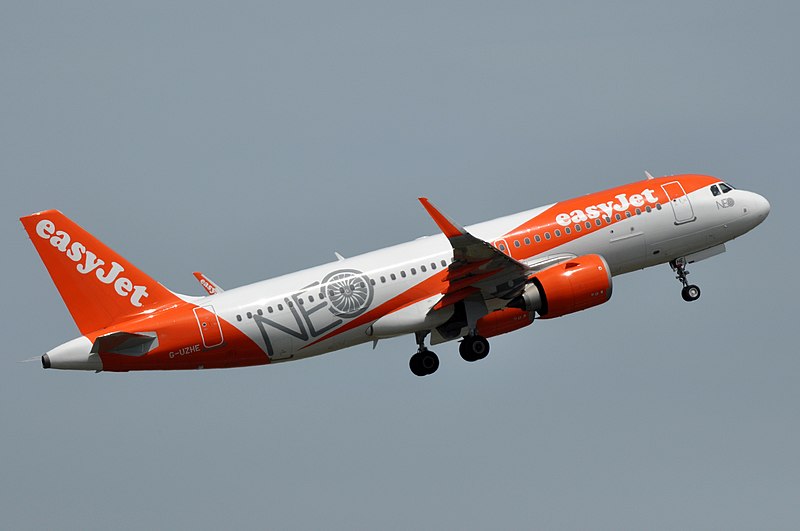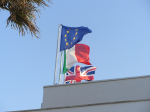
The British airline, easyJet (LON:EZJ), has unveiled plans to acquire up to 257 Airbus jets, marking a significant step in its expansion strategy beyond 2028 while simultaneously restoring
dividends and aiming to more than double its profits.
In a demonstration of its robust recovery from the pandemic, easyJet has recognized the opportune moment to establish a long-term growth strategy centered around larger and more fuel-efficient aircraft.
EasyJet's Chief Executive, Johan Lundgren, stated that the proposed agreement with Airbus, contingent on shareholder approval, involves the acquisition of 157 aircraft, with the option for an additional 100 A321neo jets. The airline, which currently operates around 330 aircraft, intends to retire some of its older planes.
This bold move comes amidst increased geopolitical instability following recent events such as the attacks by the Palestinian militant group, Hamas, in Israel, which have led to flight cancellations, escalating oil prices, and concerns about consumer sentiment in Europe.
The expansion of the airline's fleet will enable easyJet to offer more seats on routes from congested European airports like London Gatwick and Amsterdam, where available slots for additional flights are limited.
Lundgren explained that by 2034, easyJet's average number of seats per flight is projected to increase from 179 to the low 200s.
Hargreaves Lansdown (LON:HRGV) analyst Sophie Lund-Yates remarked, "The group is clearly focused on the future with a substantial new aircraft order on the table," while emphasizing the need for further details on how the aircraft will be financed.
Shares in easyJet, a competitor to Europe's largest airline, Ryanair (LON:0RYA), British Airways (LON:ICAG), and others, experienced a 3.8% decline in morning trading. Over the last three months, the company's shares have declined by 14% in response to rising oil prices.
EasyJet anticipates an annual profit ranging from £440 million to £460 million ($542-$567 million) for the 12 months ending in September and aims for a medium-term pretax profit exceeding £1 billion.
Last year, the airline incurred a loss of £178 million due to pandemic-related restrictions. During the COVID-19 pandemic, it had suspended its dividend, but it now intends to reinstate it alongside the release of its full-year results in November.
Lundgren expressed confidence that the company's objectives would be met through the incorporation of larger aircraft, reduced winter losses, and the expansion of its holiday business. He dismissed concerns that the outlook had darkened, asserting, "We continue to see strong demand moving forward."
EasyJet, known for exclusively operating Airbus planes, has described the terms of the deal with Airbus as appealing, without disclosing specific details. This agreement provides the airline with much-needed certainty at a time when manufacturers' order books are filling up. Additionally, easyJet already has a separate order for 163 planes scheduled for delivery up to 2028.
The airline's founder, Stelios Haji-Ioannou, who owns a 15% stake in the company, has previously questioned the necessity of acquiring costly new aircraft. Photo by ERIC SALARD, Wikimedia commons.



































